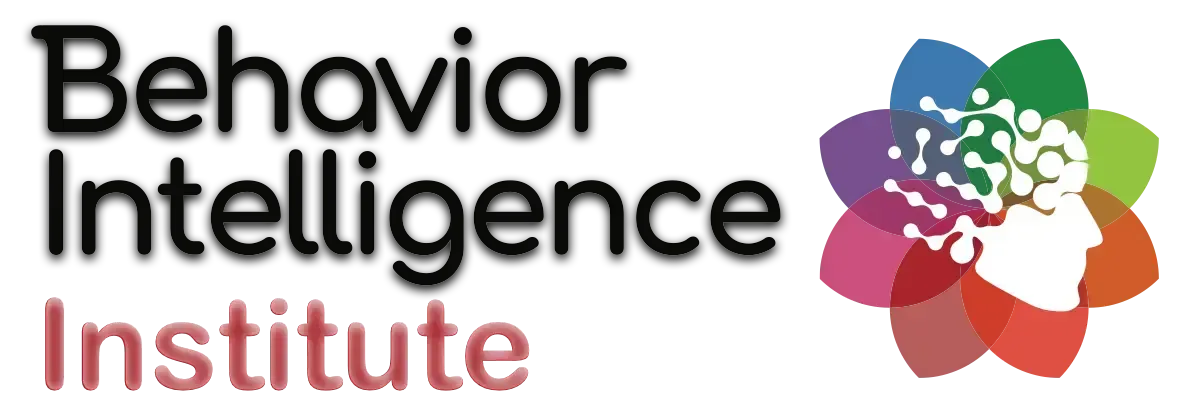Blog
Categories

The Action Advantage: 5 Core Principles That Multiply Leadership Impact
You can have the best intentions, the most impressive qualifications, and an endless library of leadership books on your shelf — but if you don’t take action, you’re not leading.
That’s the gap I see over and over: the learning-to-leadership gap. Too many leaders and coaches keep chasing more information, convinced they need one more course or one more framework before they can act. The result? Stalled progress, frustration, and a dangerous slide into analysis paralysis.
Great leadership isn’t about knowing more — it’s about doing more with clarity, purpose, and a deep understanding of people. And that’s where the five core principles come in. These aren’t abstract theories. They’re simple, repeatable, and when applied consistently, they multiply your impact as a leader.
1. Clarity Before Action

Never act without a clear purpose, outcome, and method.
When leaders skip this, they create confusion, backtracking, and wasted effort.
Before launching a project, giving a directive, or starting a new initiative, ask:
What exactly are we trying to achieve — and why?
How will we get there?
How will we measure success?
What daily or weekly practices will keep us aligned?
Specificity is power. “We need to improve communication” is vague.
“This month, we’ll hold weekly 15-minute team updates focused on reducing project delays by 50%” is clear, measurable, and motivating.
The clarity test: If you can’t explain the “why” in one sentence that your team instantly understands, you’re not ready to act.
2. Influence Through Understanding

People follow leaders who get them, not leaders who talk at them.
Influence begins with listening — really listening — before you try to be understood.
Ask yourself:
What matters most to them right now?
What challenges or obstacles are they facing?
How does my proposal align with their goals?
What concerns might they have?
When you connect your ideas to their priorities, you remove resistance and inspire buy-in.
This is why Behavior Intelligence and tools like AccuMatch are so powerful — they reveal the wiring behind people’s decisions, making it easier to lead in a way that resonates.
High-impact leaders don’t push their agenda; they co-create the path forward.
3. Progress Over Perfection

Perfection is the enemy of progress — and momentum.
Waiting until “everything is ready” is often just fear in disguise.
The 80/20 reality: You can get 80% of the plan right with 20% of the effort. The final 20% can consume 80% of your time — and still might not survive first contact with reality.
Instead:
Start with what you know.
Take the smallest viable next step.
Collect feedback and adjust.
Think of it as a series of small experiments. Each iteration builds confidence, reveals blind spots, and accelerates learning.
4. Systems Over Effort

If you can’t document a process, you can’t improve, automate, or delegate it.
Effort alone is not scalable — systems are.
Whenever a challenge repeats, it’s a signal to create a process. Then ask:
Which parts can be automated?
Which parts can be delegated?
What remains that only I can do?
Use the Process → Automate → Delegate → I method.
The “I” should be the smallest piece.
Systems reduce friction, maintain quality, and free you to focus on high-value leadership work. Without them, busyness replaces progress.
5. Results, Not Busyness

Hours worked, meetings attended, or reports written are vanity metrics unless they directly contribute to results.
Shift your focus to:
Goals achieved vs. time spent
Decisions made vs. meetings attended
Problems solved vs. tasks completed
A team that solves three major bottlenecks in a week is more effective than one that fills the calendar with unproductive activity.
Remember: Busyness is not business.
The 5-Step Implementation Framework
To make these principles stick:
Choose one principle per week to focus on.
Identify three specific applications in your role or projects.
Run a small experiment — don’t try to change everything at once.
Measure and adjust based on feedback.
Scale what works and systemize it.
Track your progress daily and weekly. Review what worked, what didn’t, and where you can improve. Over time, these small, disciplined steps compound into transformative leadership habits.
The Leadership Test
At the end of each week, ask yourself:
Was I clear or unclear?
Did I influence or just convince?
Did I make progress or chase perfection?
What systems did I build or improve?
Did I measure results or just activity?
Leaders who can answer those questions honestly — and act on them — are the ones whose teams exceed expectations and want to stay. That’s the true measure of leadership success.
Your Next Step
Don’t try to “boil the ocean.” Pick one principle today, apply it to a real situation this week, and see what changes.
If you’re ready to take these ideas further, integrate Behavior Intelligence into your leadership, and develop a proven action framework tailored to your goals — apply now for the Leadership Intelligence Certification Program or connect with us to access the AccuMatch assessment.
Leadership impact isn’t built on good intentions. It’s built on action. The sooner you start, the sooner your results multiply.
Copyright 2021 AccuMatch Behavior Intelligence is a division of NLP Profiles Inc. | Privacy Policy



